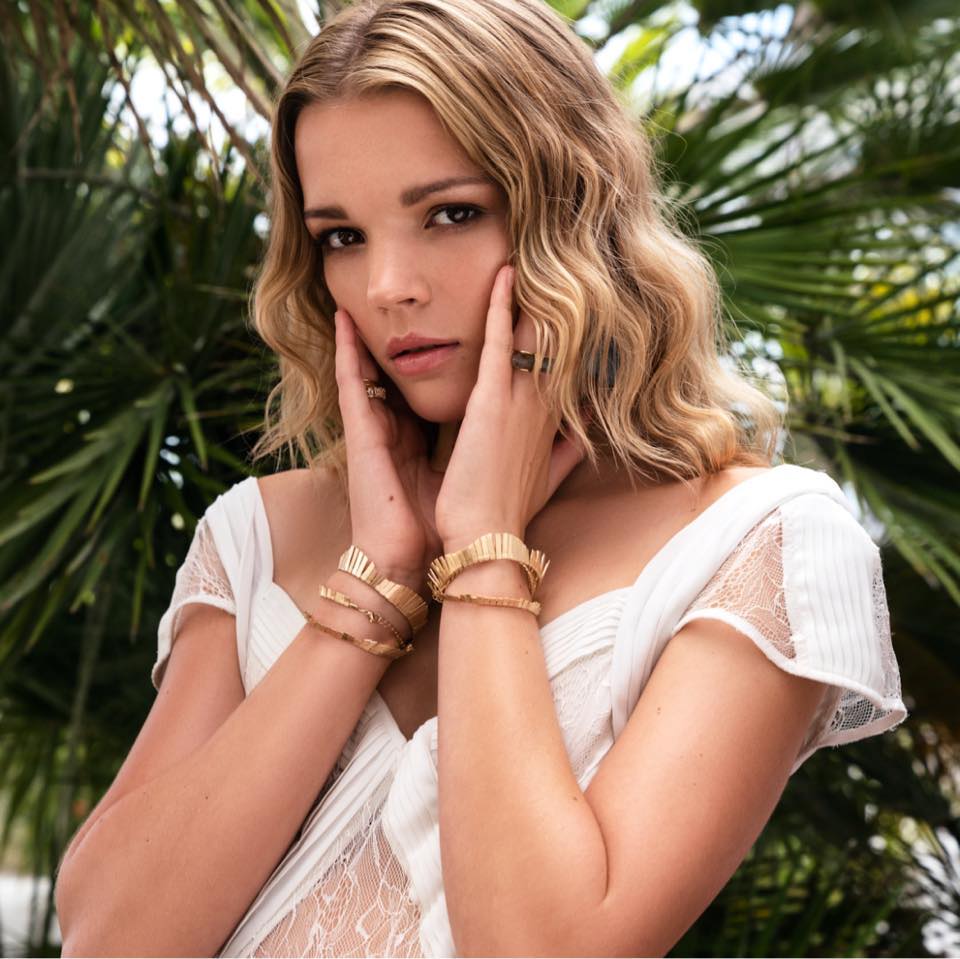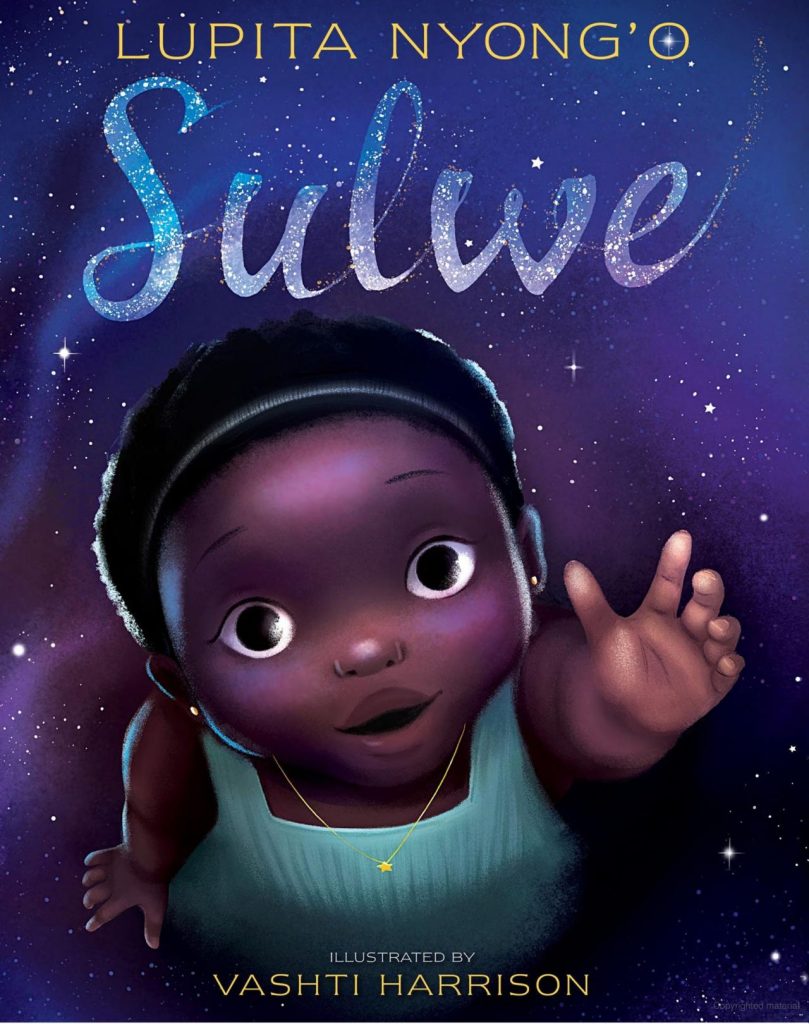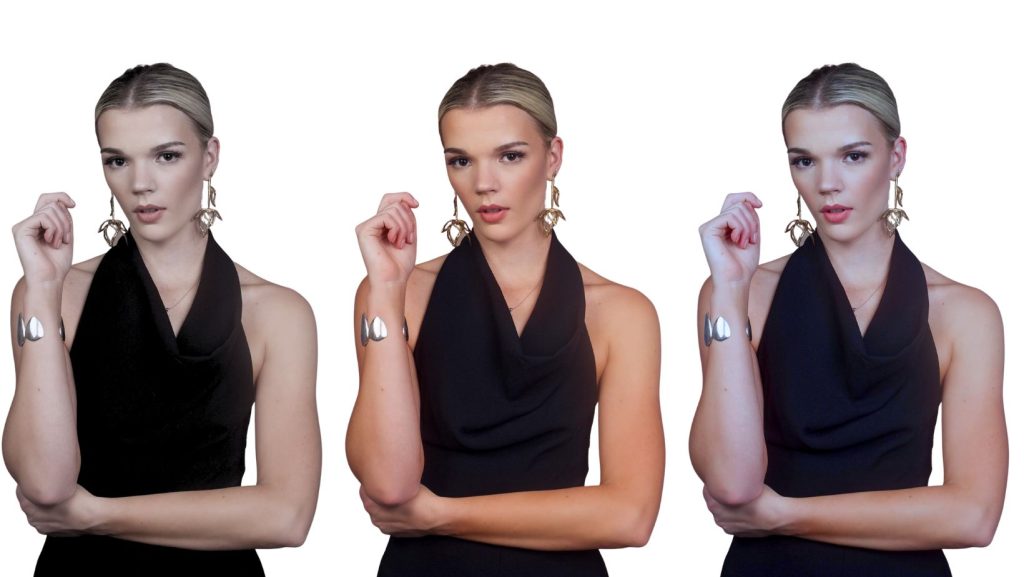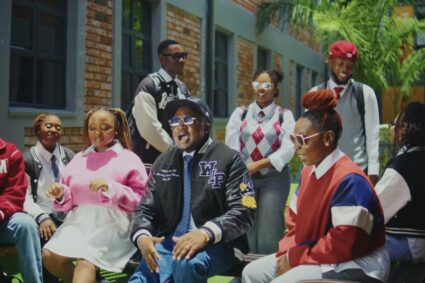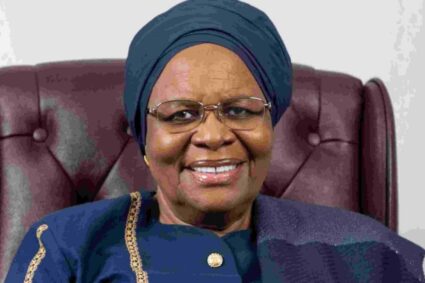Shakespear posed the question, “What is in a name?” today I pose the question “What is in shade?”. Skin shade to be particular. Recently Zimbabwe was abuzz with the issue of colourism (and perhaps even racism).
Brooke Bruk-Jackson, a 21-year-old Caucasian model was named Miss Universe Zimbabwe and she is set to represent the country in El Salvador in the international contest. People went up in arms complaining that she was not ‘fit’ to represent Zimbabwe and called for a black girl to represent the country. This recent occurrence sparked an often-hushed debate about beauty standards and skin shade.
I am currently reading Gabrielle Unions book ‘We’re Going To Need More Wine’. I would love to comment about her sass, her wit, her honesty but I won’t (at least not now). The book has a whole chapter that discusses colourism. ‘You’re pretty for a black girl’ is a phrase she mentioned has been thrown at her. As if beauty only exists outside of black people and only a select few black people can be ‘beautiful’. Union mentioned a time when she travelled to Vietnam to be greeted by hot weather with the Vietnamese wearing long sleeved clothing and face masks (take note this was before the COVID 19 pandemic broke).
A local teenager told her this was because the people did not want to get darker because this was associated with people who were poor and worked in the fields. On the opposite end of the spectrum, it is also worth noting that Union’s mother (who is fair skinned) also faced discrimination; being called the colour of ‘piss’ and victimization that her life was easier. So, is there relief for anybody because of the accidents of birth?
In 2019 a very interesting children’s book titled ‘Sulwe’ was released by actress Lupita Nyong’o. The book touched on colourism; yes a children’s book that deals with colourism. The book centres on a young girl named Sulwe who is teased and taunted because of how dark her skin is but learns to overcome it in the course of the story. Nyong’o herself faced colourism growing up in Kenya and claimed to feel unbeautiful until she was inspired by the rise of South Sudanese model Alek Wek. I found it revolutionary for people to tackle an issue such as this given it is often swept under the carpet or often ignored.
Another powerful text that deals with colourism is the novel ‘The Bluest Eye’ by Toni Morrison. The book’s main character, Pecola Breedlove longs to have blue eyes because to her, that is the standard for beauty; her obsessive desire leads to one of her tragic detriments. So, does one’s shade matter that much? According to researcher Margerat Hunter, it does!
Professor and sociologist Maggie Hunter has even done extensive research on the topic of colourism. Professor Hunter specialises on race and gender discrimination often investigating colourism and how people of colour experience discrimination according to the lightness or darkness of their skin colour. She was able to deduce that darker skinned people often faced lower levels of education, lower incomes and lower status husbands. Professor Hunter’s findings are shocking if not heartbreaking, she also found a growing cosmetic surgery to Anglicize features such as nose and lips. Across the world the need for fairer skin has driven people to find lightening products, sometimes to the detriment of the consumer because they can cause irregular skin tone, burnt patches and can dig a huge hole in one’s pocket.
So what really is in a shade? A lot apparently. People of colour already inhabit a society in which they are inherently asked to do more in the face of their white counterparts. To borrow a phrase from the now defunct TV hit show Scandal, “You have to be twice as good to get half of what they have” this was advice Olivia Pope’s father, Eli Pope gave to her; though life lessons from Eli may be questionable (a true fan would understand). But one thing we should think about are our beauty standards and how they sometimes affect society in a very negative way.
